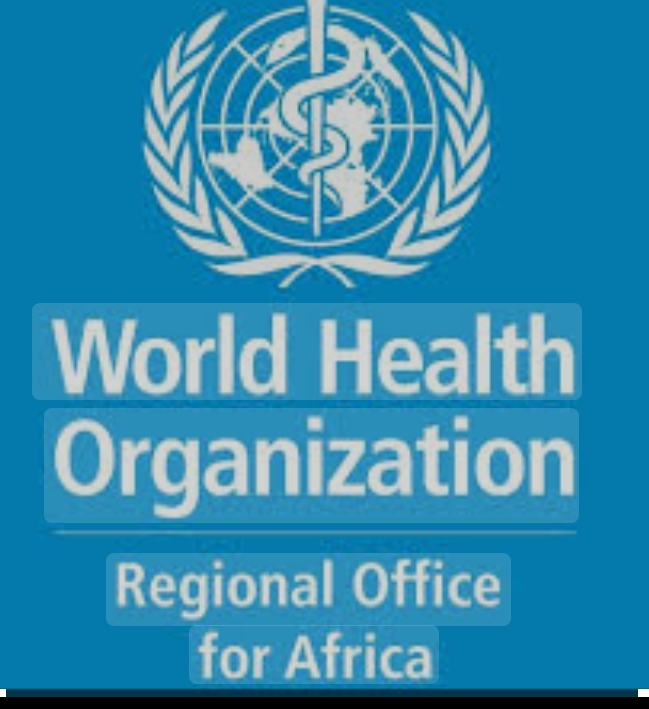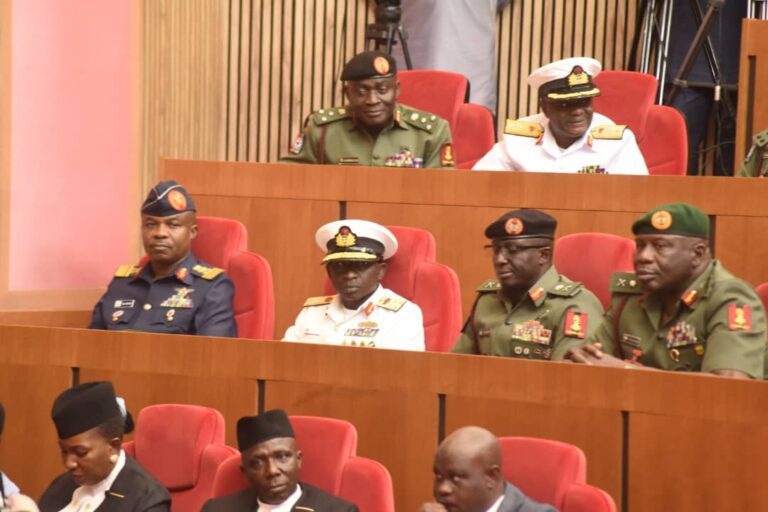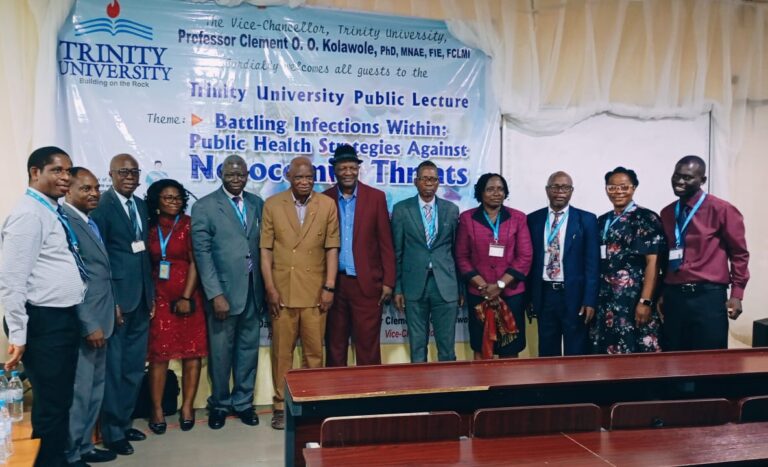
By Fatima Saka
As the world commemorates World Diabetes Day 2024, the World Health Organization (WHO) has reaffirmed its commitment to reducing the risks associated with diabetes and ensuring that those diagnosed have access to equitable, comprehensive, affordable, and quality treatment and care.
This year’s theme, “Breaking Barriers, Bridging Gaps,” aligns with WHO’s mission, as highlighted by WHO Regional Director for Africa, Dr. Matshidiso Moeti, during her remarks on Thursday. World Diabetes Day is marked annually to draw attention to the challenges posed by this chronic disease.
Dr. Moeti emphasized the urgency of collaborative efforts, stating: “Against a background of rising diabetes prevalence in Africa, complicated by multiple drivers including urbanization, unhealthy diets, and physical inactivity, the theme of World Diabetes Day 2024 appropriately emphasizes the imperative of a collaborative approach to this ‘silent killer.’”
Diabetes, characterized by chronic high blood sugar levels due to the body’s inability to produce or use insulin efficiently, continues to pose significant health challenges.
In the WHO African Region alone, over 24 million adults currently live with diabetes, with half remaining undiagnosed. Left untreated, the condition can lead to serious complications, including heart disease, stroke, nerve damage, kidney failure, amputations, and blindness, according to the regional director.
Dr. Moeti warned that without urgent intervention, the number of people with diabetes in the African Region is projected to rise to 54 million by 2045, marking the highest predicted increase globally. This rise poses dual health and economic burdens, including catastrophic personal healthcare expenses.
“A key concern is that Africa has the lowest rate of investment in diabetes care, accounting for only 1% of the region’s health expenditure. Health systems are still largely structured to combat acute, infectious diseases, often neglecting chronic conditions like diabetes,” she added.
“Managing diabetes requires a sustained effort that balances physical activity, a healthy diet, mental well-being, and access to essential medicines. WHO in the African Region remains committed to holistic solutions, which include promoting proper nutrition and providing mental health support. Comprehensive prevention strategies that tackle risk factors such as obesity, unhealthy diets, and sedentary lifestyles are also vital.”
WHO stresses the importance of community engagement to create support networks and reduce stigma.
“A significant step forward came during the Seventy-fourth session of the WHO Regional Committee for Africa in August 2024, where African Member States endorsed WHO’s Framework for the Implementation of the Global Diabetes Compact (GDC) in Africa.
“This framework provides a roadmap for integrating diabetes care into broader health systems through a multi-sectoral approach, focusing on prevention, diagnosis, and care, particularly at the primary healthcare level.”
Dr. Moeti called on individuals, communities, governments, health workers, policymakers, and civil society organizations to take collective action: “On World Diabetes Day, I urge everyone to join hands and act now. Individuals should prioritize healthy lifestyles and those with diabetes should have regular check-ups. Communities can create supportive environments that promote health, reduce stigma, and facilitate access to affordable care and education.”
She also encouraged governments to implement policies that enhance access to essential medicines and strengthen primary healthcare systems, committing WHO’s full support to these efforts.
“Strengthening diabetes control in the African region requires addressing key challenges, such as myths and misconceptions, fragile primary healthcare systems, and insufficient capacity and training of healthcare workers,” Dr. Moeti concluded. “Let us all commit to breaking barriers and closing gaps by raising awareness, spreading knowledge, and creating lasting change for those affected by diabetes in Africa.”





